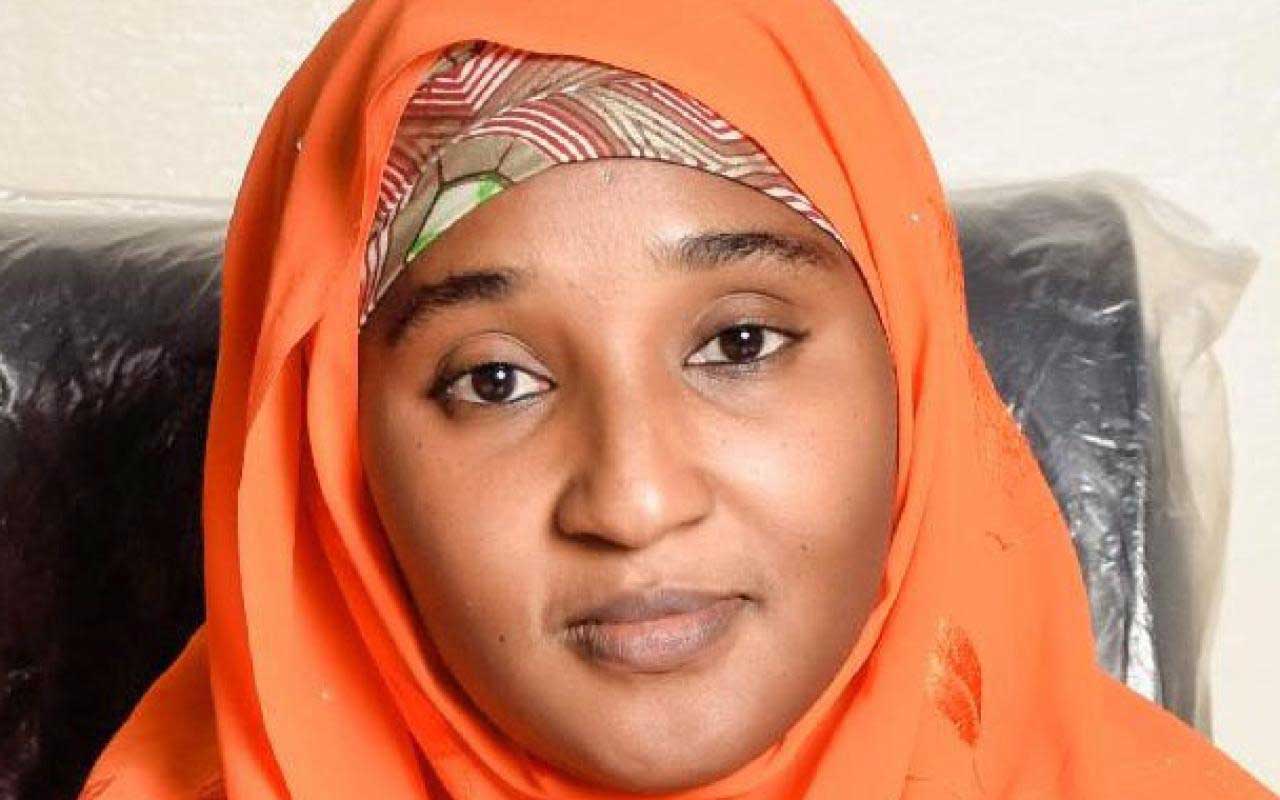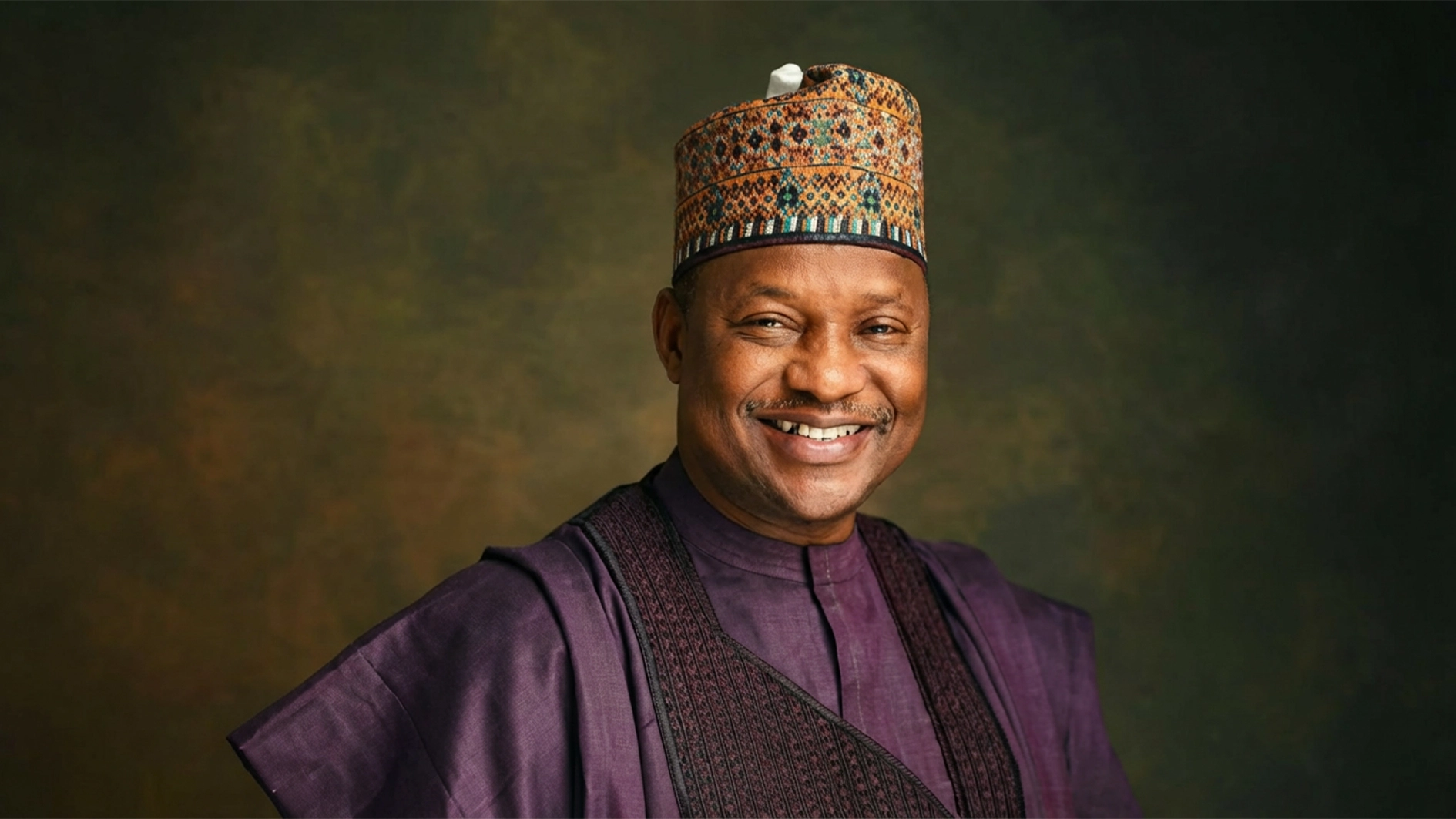
Stakeholders in Nigeria’s education sector have outlined key priorities for the government in 2025. These concerns include getting the 18.3 million out-of-school children back into classrooms, addressing the non-payment of three-year salary arrears to teachers in Unity Schools, implementing a new basic school curriculum, and resolution of age-long crises with various unions, among others, OWEDE AGBAJILEKE reports.
It may not be out of place to state that expectations of stakeholders in the education sector were not met in the outgone year as most of the problems confronting the sector remained unsolved.
The country’s educational system is still bogged down by poor funding, industrial crises, brain-drain, poor remuneration, decayed infrastructure, and dearth of competent teachers. Unfortunately, these challenges run through all the three tiers of education – primary, secondary, and tertiary.
They stressed that aside proper funding of the sector, teachers should be well motivated to attract the best brains, while efforts should be made to tackle the menace of out-of-school children.
One of the notable events in the education sector last year was the leadership change. In October 2024, President Tinubu replaced Prof. Tahir Mamman as Minister of Education and re-assigned Dr Tanko Sununu, the Minister of State, to the Ministry of Humanitarian Affairs and Poverty Reduction. Dr Tunji Alausa and Prof. Suwaiba Ahmad took over as new leaders.
The staggering number of out-of-school children, a hydra-headed problem that poses significant threat to Nigeria’s future, has been a major concern to stakeholders.
According to latest figures from the United Nations Educational, Scientific and Cultural Organisation (UNESCO), 18.3 million Nigerian children are out-of-school. A breakdown of the number showed that 10.2 million and 8.1 million children are out of primary and Junior secondary school respectively.
Analysts noted that this complex issue has multiple facets, including poverty, lack of access to education, and socio-cultural barriers, making it a daunting challenge to address.
The sheer scale of the problem is alarming, with millions of children missing out on the opportunity to acquire basic education, skills, and knowledge essential for their personal growth and contribution to the country’s development.
Despite the Federal Government’s allocation of N50 billion to address the issue in the 2025 budget, some experts argued that the impact will be negligible, as the amount works out to a paltry N2,732 per child, a sum deemed insufficient to make a meaningful difference.
The Initiator, Creative Change Centre, Omole Ibukun, advocated a more comprehensive approach, including provision of free education. He said the consequences of this trend are far-reaching, including perpetuating cycles of poverty, limiting economic growth, and undermining social cohesion.
“The allocation of N50 billion for out-of-school children in the 2025 budget is a step in the right direction if the funds are not corruptly laundered by public officials although it is small when placed side by side with 18.3 million out-of- school children in Nigeria, as it only amounted to N2,732 per child. What can that do to bring a child back to school? How many books can that buy? How many school meals can that provide?
“Despite being small, it is also crucial to align how these funds will be spent with issues that led to children staying away from school in the first place. The main cause of the menace is poverty and until we can establish a truly free education with provision of free academic resources for students, this allocation will just gloss over the surface of the issue, at best,” Ibukun said.
Stakeholders are also awaiting government’s implementation of the new curriculum, which was originally planned for January 2025. Data obtained from the Universal Basic Education Commission (UBEC) revealed that there are 171,027 basic schools, 1,686 million teachers and 47 million pupils in the country.
With the current curriculum for basic schools launched 12 years ago, the implication of the delay in implementing a new one is that Nigerian students may miss out on essential skills and knowledge that are critical for success in today’s fast-paced, globalised world.
The government is facing significant challenges in rolling out the curriculum due to slow preparation. This uncertainty has raised concerns among stakeholders, who are now looking up to the government to get its act together and move forward with the implementation.

Another critical issue in Nigeria’s education system is the failure of most state governments to access over N135 billion from the Universal Basic Education Commission (UBEC). This is due to their failure to provide the required 50 per cent counterpart funding, which is essential for facilitating access to qualitative basic education.
The situation is alarming, with 27 states unable to access these funds between 2020 and 2023. In 2024, the number of states increased to 34 and the Federal Capital Territory (FCT), highlighting the widespread nature of this problem, despite the growing need for infrastructure and educational resources across the states.
This issue underscored the challenges facing the country’s basic education sector, including inadequate funding, poor infrastructure, and limited access to quality educational resources; fuelling concerns among experts, who cautioned that failure to access these funds could hinder efforts to improve the quality of basic education in the country.
“The unused UBEC funds are a missed opportunity for Nigeria to invest in its future. The funds could have been used to improve infrastructure, train teachers, and provide learning materials for students,” said Jude Okolisi.
In the same vein, a public affairs analyst, Emeka Uzendu, expressed disappointment with state governors for their failure to access UBEC funds. This, he noted, suggests a lack of prioritisation of education and a lack of capacity to manage funds.
Uzendu, who emphasised the need for state governments to prioritise education by providing the necessary counterpart funding to access the trapped funds, tasked the Federal Government to address the issue and ensure that the funds are utilised for the benefit of Nigerian children.
“The Federal Government needs to work with state governments to identify the challenges preventing them from accessing the funds and provide support to address these challenges,” he stated.
Similarly, human rights activist and Senior Advocate of Nigeria (SAN), Femi Falana, suggested that the unaccessed matching grants be utilised to educate out-of-school children, highlighting the potential for these funds to make a meaningful impact in the education sector, particularly in addressing the menace.
He threatened to seek an order of mandamus to compel states and the FCT to access the funds, if they fail to do so.
The non-payment of three-year salary arrears to over 1,700 teachers in Federal Government Colleges (FGCs), remains a pressing issue carried over into 2025.
This longstanding dispute has garnered significant attention and sparked widespread concerns about the welfare of these educators and the overall state of the country’s education system.
In a dramatic display of frustration, academic staff members from the 110 unity colleges nationwide converged on the Federal Ministry of Education in Abuja in November 2023, where they protested the non-payment of their outstanding salary arrears, totaling over N3.4 billion, as well as the first 28 days allowance, exceeding N500 million.
Despite promises by the immediate past Education Minister and his deputy, as well as two former Permanent Secretaries: David Adejor and Didi Esther Walson-Jack (now Head of the Civil Service of the Federation), the funds remained unpaid.
Industry stakeholders said the development speaks to the neglect of teachers as Articles 16 and 17 of UNESCO’s recommendation provided “adequate grants or financial assistance for teachers to enable them follow the courses provided and live decently.”
The President-General, Unity Schools Old Students Association (USOSA), Michael Magaji, said the ministry has made a firm commitment to address the long-standing issue of unpaid wages and salaries of teachers in these colleges.
Magaji hailed this development as a significant step in the right direction, emphasising that the welfare of teachers is paramount to the success of the education sector.
He expressed optimism that the ministry’s commitment will bring relief to the affected teachers, who have had to endure financial hardships due to the delay in payment of their wages.
He also applauded the ministry’s efforts at addressing the concerns of teachers, noting that this move will not only boost their morale, but also enhance the overall quality of education in the schools.
Magaji urged the ministry to ensure that payment of salaries is done promptly and regularly, to avoid any future disruptions.
“We are very concerned about teachers because they are very key in delivering the educational service to students and creating impact. And every time we have the opportunity, we always ask the government to support teachers. There has been a gap, a very wide gap, particularly in recruitment and this didn’t happen now, it’s been there for a very long time. For quite a while, we have seen that unity schools have not recruited teachers, and that has led to large gaps. Don’t forget some of these teachers also retire and need to be replaced.
“Luckily, the government has extended the retirement age of teachers to 65, so they can stay on longer. But again, how much energy do you have at 65 to teach? So, we want new teachers to come on board, we want them to be paid regularly. And a few months ago when we paid a courtesy call on the former Permanent Secretary, Mrs Waltson-Jack, she said the Federal Government is processing the wages and salaries of those teachers. So, I believe it’s a process and they will get their money soon. We will always emphasise the need to take the welfare of teachers very seriously because they are key to delivering service.”
In his expectations for 2025, seasoned educationist, Prof. Tunji Olopade, called for the payment of reasonable wages and emoluments that will be commensurate with living realities and standards.
Besides, he stressed the need for the government to facilitate modern structures with up-to-date equipment for schools; and adequately fund research.
“They should also evaluate teachers and teaching procedures yearly; remove politics from education as much as possible,” Olojede said.
He also emphasised a stable school calendar that will be encouraged by successive governments, and pressure groups, adding that schools holding out without strikes and ensuring work to rule should be given awards and prizes, including recognition to the government that best manages education.






